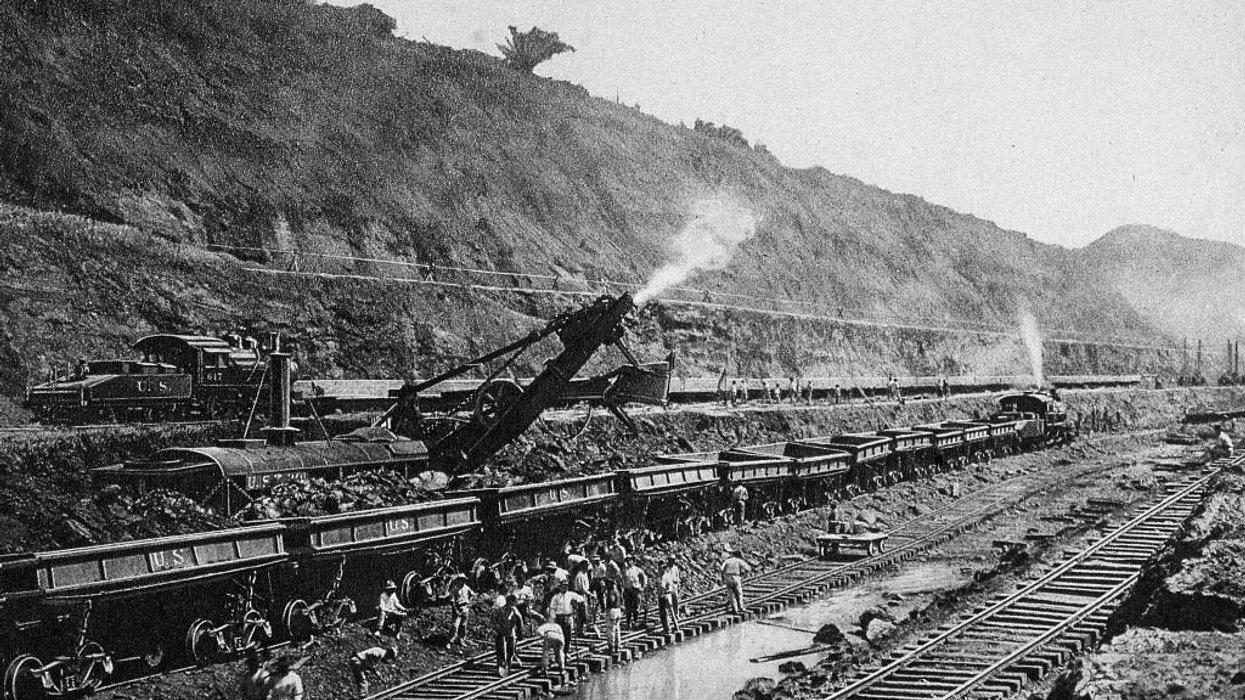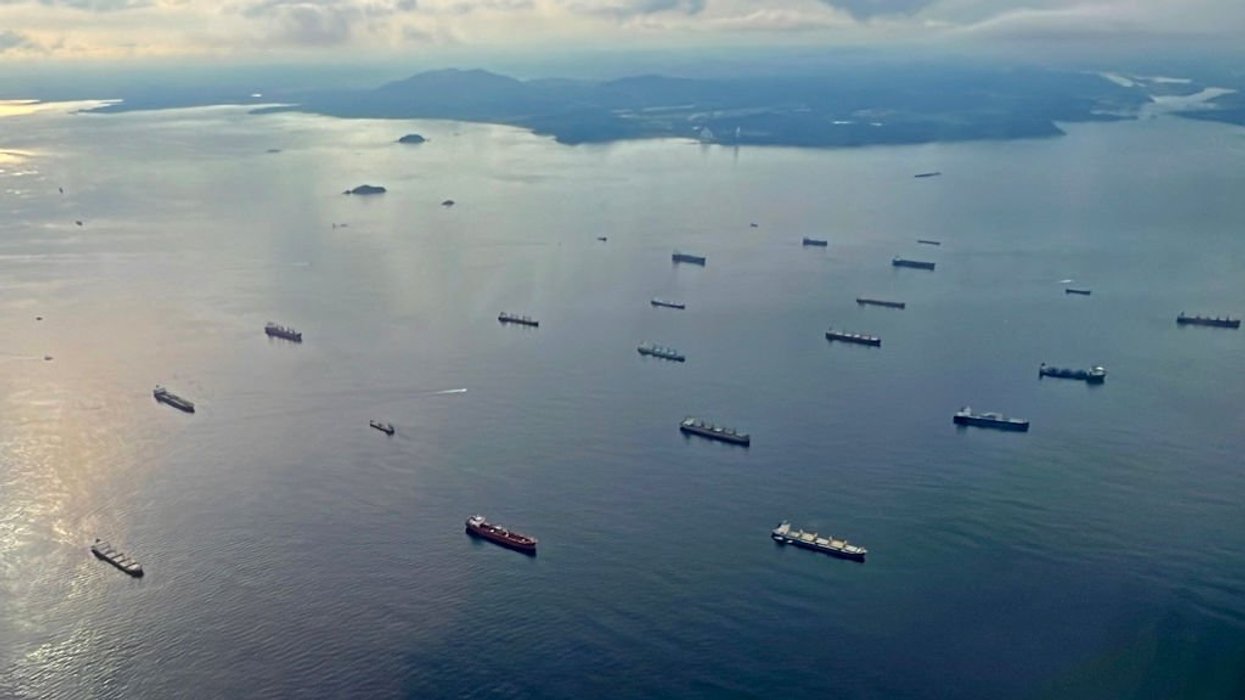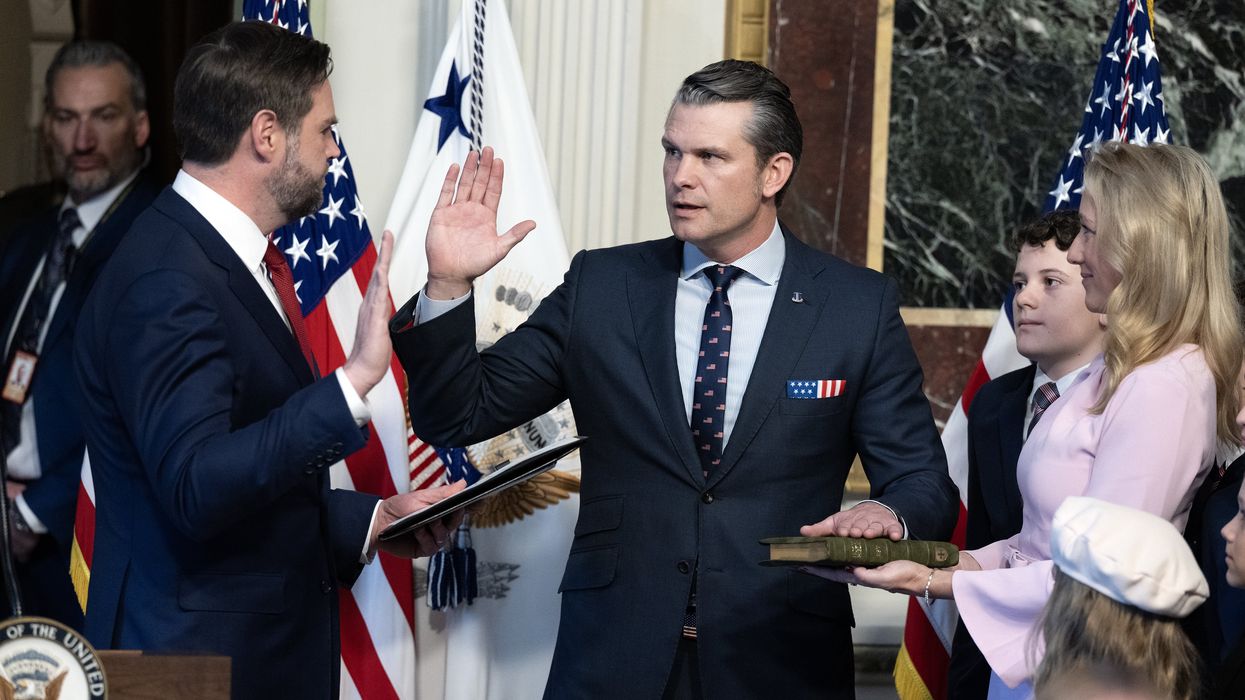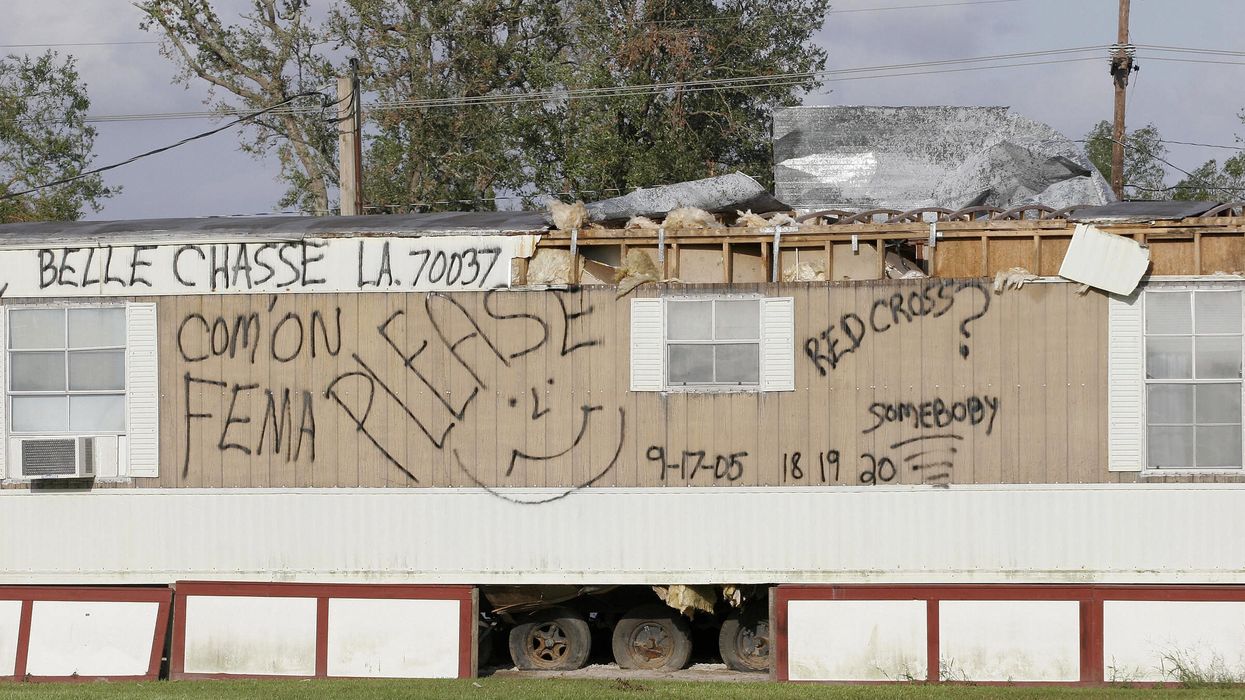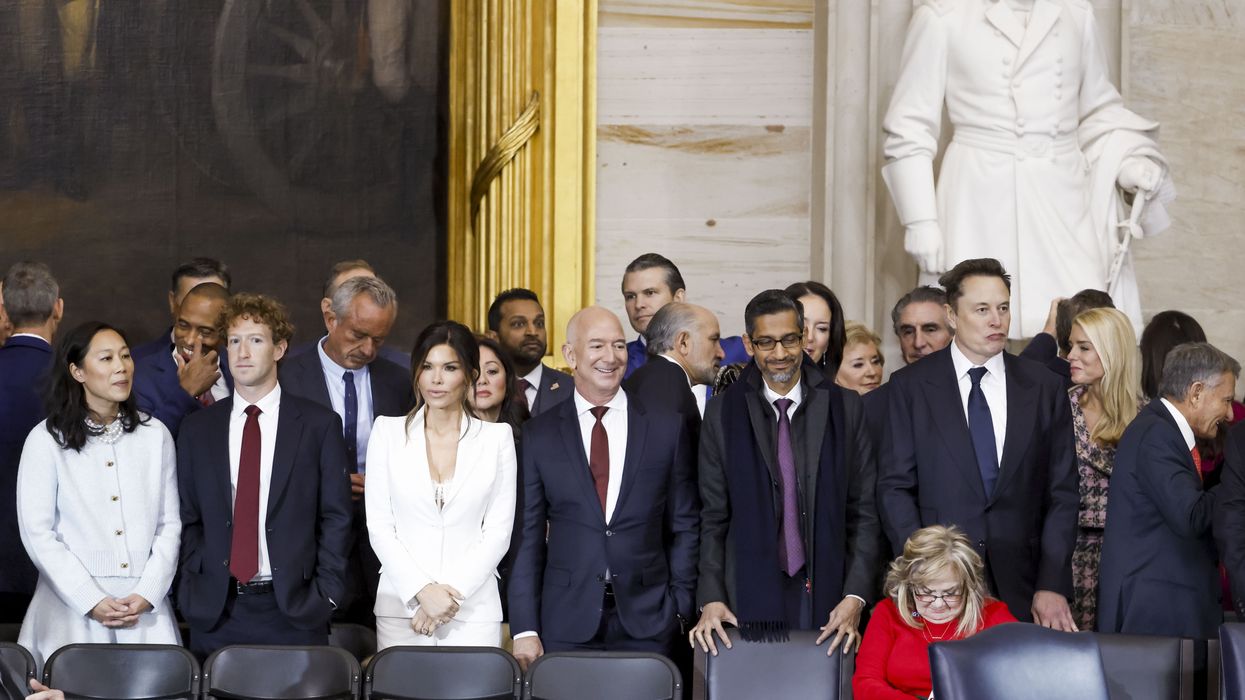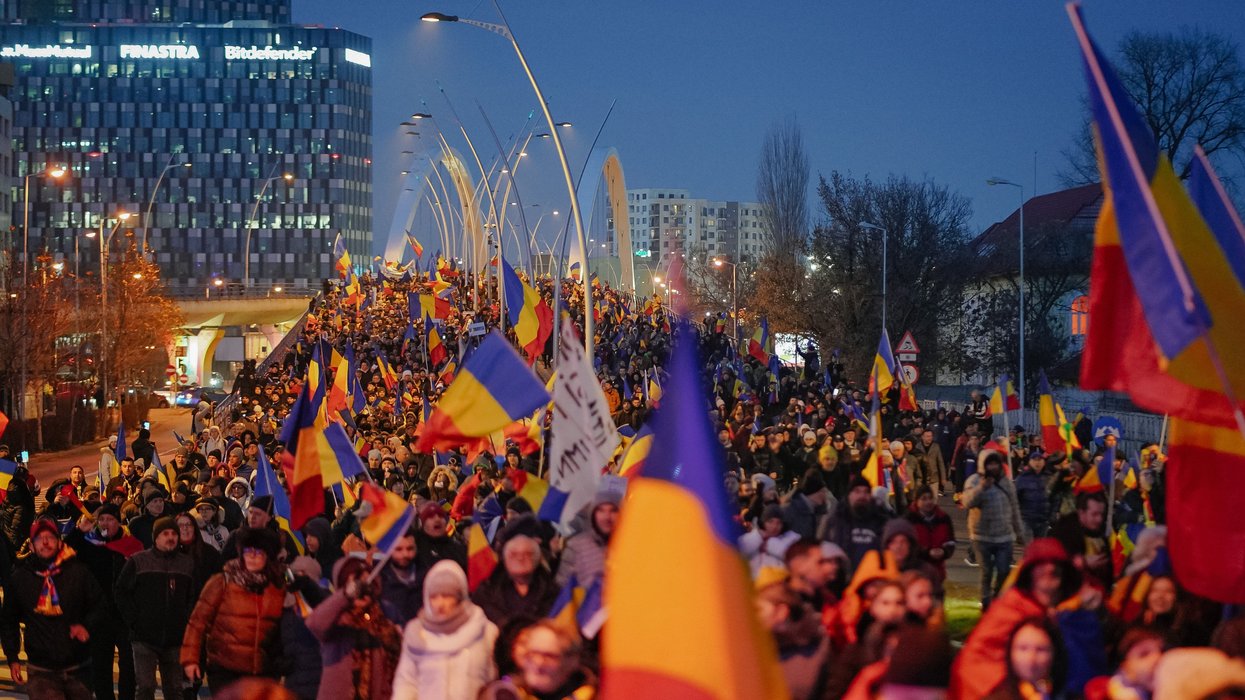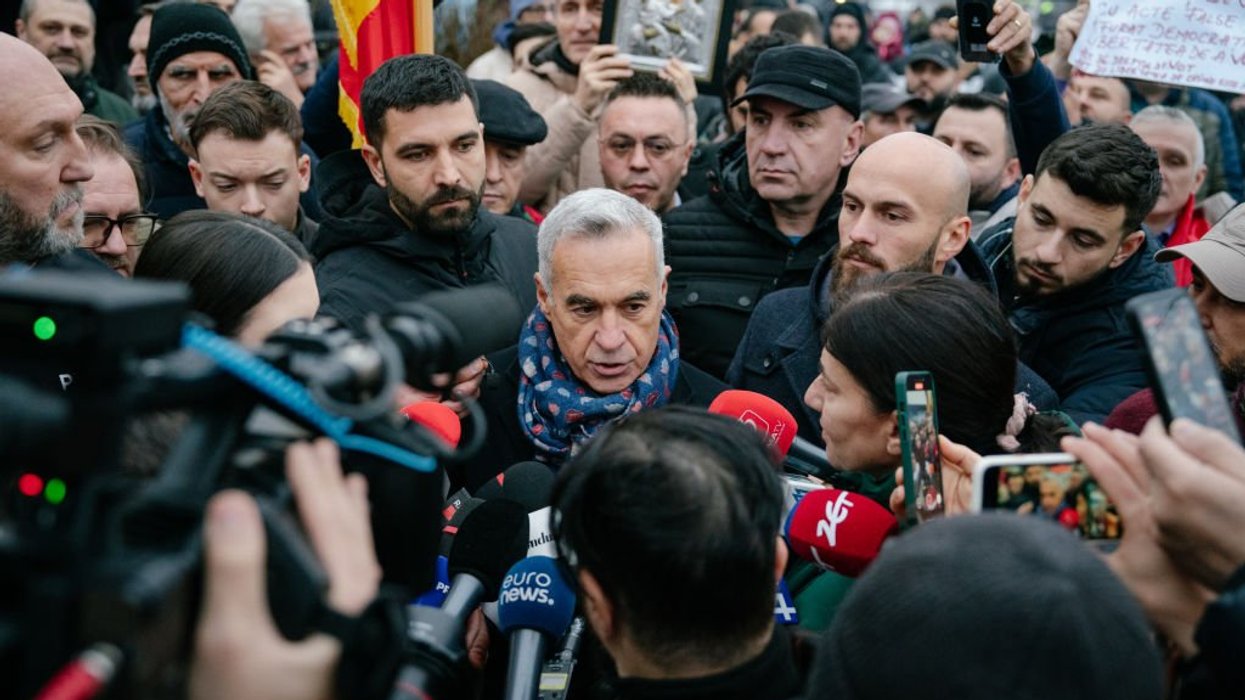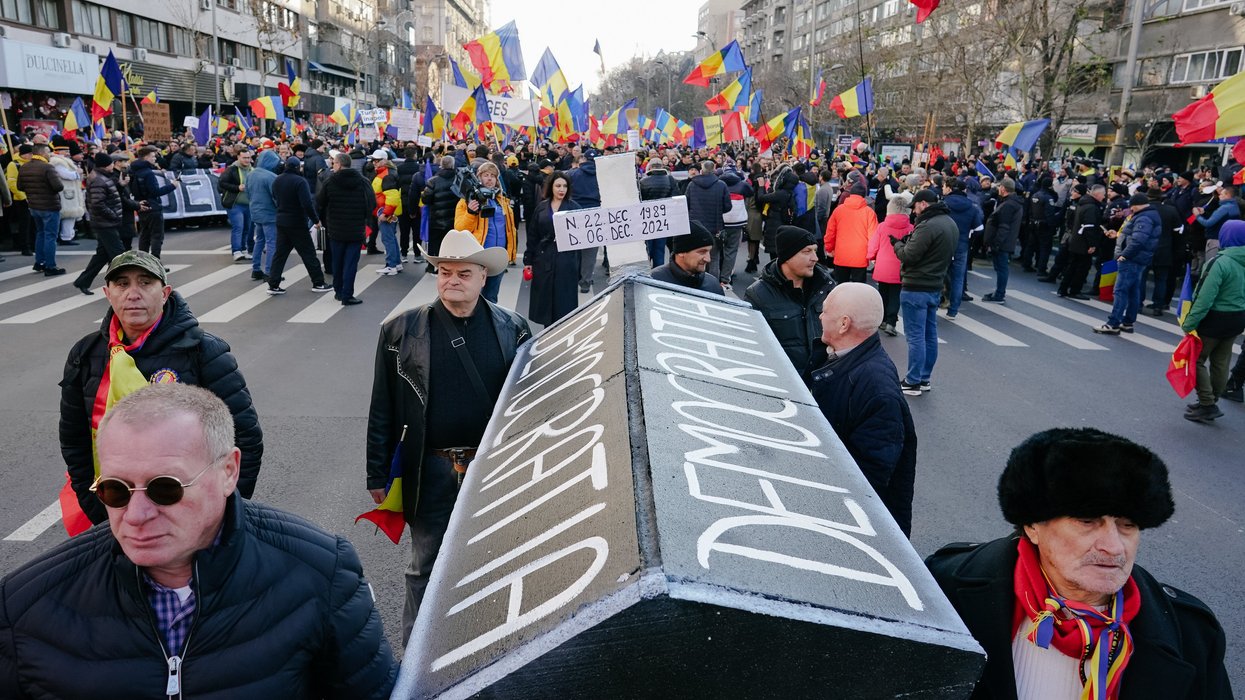Former Senate majority leader Harry Reid attacked billionaire brothers Charles and David Koch almost daily from the floor of the U.S Senate --- 134 times to be exact --- vilifying their efforts and donations to elect conservative candidates. He even labeled such private citizens as "unAmerican." Despite his distaste for politically active billionaires, Reid and his counterparts regularly accept hordes of money from billionaire supporters. According to the federal election commission, Democrats raised $250 million more than Republicans in 2014. In fact, you'd have to go back to the election of 2004 to find Republicans outperforming Democrats in fundraising. In this serial, we follow the trail of cash leading to the most influential progressive donors, revealing the true agenda behind their donations.
Listen to the full series on Evil Progressive Donors:
Evil Progressive Donors Part I: Soros
Perhaps the most disturbing of all radical Democratic billionaire donors is the Fabian socialist, George Soros, who openly seeks a new world order and financial world order. Soros is openly anti-American, anti-Constitution and actively seeks to correct the "flaw" that "only Americans have a vote in Congress."
In his book, The Age of Infallibility: Consequences of the War on Terror, Soros wrote, "The main obstacle to a stable and just world order is the United States." Soros believes capitalism is the enemy of the open society he envisions, and his solution is to turn to regulated markets not governed by capitalism. Following the collapse of the Soviet Union, Soros said, "The main enemy of the open society, I believe, is no longer the communists, but the capitalist threat."
How can American politicians accept huge sums of money from anyone who feels this way about America and capitalism, let alone a foreign-born billionaire with the power and influence wielded by George Soros?
Soros made his first billion dollars in 1992 by shorting the British pound and bankrupting the Bank of England. He accomplished this by leveraging billions in financial bets on the backs of hard-working British citizens who immediately saw their homes severely devalued and life savings cut drastically almost overnight. He also nearly collapsed the economies of Russia and Myanmar and Malaysia. He helped break down Czechoslovakia, brought on regime change in Croatia, Yugoslavia and Slovakia, and financed the orange revolution in Ukraine.
Soros admittedly enjoys collapsing the governments and economies of sovereign nations and, in fact, finds it "fun." While he strongly condemned the United States for intervening in Iraq and Afghanistan, he has no qualms about inserting himself into the internal affairs of other nations. In his 1987 book, The Alchemy of Finance, Soros explained his omnipotent behavior stating, "I admit that I've always harbored an exaggerated view of my self-importance, to put it bluntly. I fancied myself as some kind of god."
From 2001 to 2010, the total donated by Charles and David Coke as individuals to the federal election cause was 1.5 million. For George Soros, it was 32.5 million, nearly 22 times as much. Taking into account Soros organizations like Open Society, the amount skyrockets to more than $7 billion given to radical left-wing causes, including U.S. elections.
According to the U.S News and World Report, the Koch brothers plan to sit out the 2016 election season without donating one dime. In December, George Soros donated $6 million to the leading super PAC supporting Hillary Clinton's presidential campaign. The massive check marks the return of the billionaire finance year as among the biggest givers in all of American politics.
Soros also funds a myriad of radical left-wing organizations like the Center for American Progress, MoveOn.Org, the Working Families Party and the Southern Poverty Law Center, a group that put historian David Barton on their terrorist list.
Some Americans may wonder, with innocent-sounding names like the "working families party," how could they be radicals? Fellow Fabian socialist George Bernard Shaw described the Fabian methodology: Use "methods of stealth, intrigue, subversion and the deception of never calling socialism by its right name."
Evil Progressive Donors Part II: The Steyer Brothers
It's likely you've never heard of the Steyer brothers. However, Jim Steyer and his billionaire brother Tom have donated millions --- if not hundreds of millions of dollars --- to their favorite Democratic causes. While progressive liberals regularly attack Republican donors, Democrat donors get a pass. Why? Because big money donors like Tom and Jim Steyer support liberal causes and candidates.
Tom Steyer, formerly an "evil" hedge fund manager and "villainous" executive at Goldman Sachs, donated $5 million in 2014 to the Senate majority super PAC run by Harry Reid's former aides --- a drop in the bucket to his pledge of $100 million to influence elections and kill the Keystone pipeline. He wound up donating about $75 million and was, by far, the largest single individual spender in the midterm elections. Liberal Michael Bloomberg was a distant second at $40 million.
Despite donating millions to liberal causes and elections, Steyer has been an outspoken critic of the Supreme Court decision to allow big money to enter politics, describing Democrat donors as the "small shepherd boy with five rocks and a sling" compared to a Goliath-sized Republican money-making machine. However, the facts belie this claim.
In 2008, according to the ABC news, then Democrat presidential candidate Barack Obama raised and spent over $770 million compared to challenger John McCain's $238 million --- more than triple. In 2012, President Obama became the first candidate in the history of the world to raise over $1 billion --- $1,123,000,000 to be exact. According to a political analysis of the top 100 donors during the midterm election, Democrats received $174 million and Republicans received $40 million. Democratic donors routinely gave more to political campaigns while supporting the perception that Republicans buy elections.
Tom Steyer's biggest crusade has been climate change, despite the fact his vast fortune was made primarily from huge investments in oil and coal. One major investment was a pipeline rivaling the Keystone pipeline. When his heavy investments in oil, coal and competing pipelines came to the attention of the media, he instructed brokers to divest from all fossil fuels. Doubt still remains as to whether the divestment ever took place.
It has been estimated that Steyer funded over the years CO2 production equivalent to about 28% of the total amount of CO2 produced in the United States by coal burned for electricity generation. Additionally, his personal "footprint" matches the size of his bank account.
Steyer's primary home overlooks the Golden Gate Bridge in San Francisco --- on each of its three stories. With an estimated value of $11.7 million, the home sits on a cliff with beautiful vistas, wrecking the area for all wildlife. He also has a second home in San Francisco for a total combined 11,000 square feet in the city. Add to that his humble, $8.5 million beach home in Marin County, his $2.6 million Sugar Bowl ski resort home in California and two homes at a Lake Tahoe ski resort, respectively valued at $15 million and a more modest $1.1 million. And last, but not least, Steyer owns a 2,000-acre California ranch --- worth an estimated $23 to $50 million --- where his wife keeps her show horses.
No honest capitalist would begrudge a billionaire of his luxuries. But when said billionaire makes a massive carbon footprint while preaching about catastrophic climate change and spending tens or hundreds of millions of dollars to influence elections and climate legislation, that sounds more like a man living in a glass house, casting around some mighty big stones.
Evil Progressive Donors Part III: Hollywood
Democrats complain they just can't keep up with the horrific spending of the evil Republican machine. Yet, for more than a decade Democrats nearly always out raise and out spend Republicans. One of their primary sources of cash is, of course, Hollywood, and the leading man of donations is Jeffery Katzenberg, CEO of DreamWorks.
President Obama spoke fondly of Katzenberg in 2013 at DreamWorks, calling him "a great friend." He should consider Katzenberg a great friend. In May of 2012, Katzenberg co-hosted a fundraiser for President Obama at the home of actor George Clooney. The event raised almost $15 million, making it the most profitable presidential fundraiser in history.
Katzenberg was reportedly the largest bundler of contributions for President Obama's two presidential campaigns, but were his efforts purely altruistic? Did Katzenberg's desire to build a DreamWorks movie studio in China influence his pocketbook? Interestingly, the deal was fast-tracked by the White House, according to the Sunlight Foundation. Oriental DreamWorks is scheduled to open in Shanghai next year in a $2.7 billion complex featuring cinemas, shopping areas, galleries, hotels, restaurants and the world's largest IMAX screen.
In the 2016 election cycle, Katzenberg and Steven Spielberg tied at the top of the largest donors list at just over $1 million each, all going to Hillary Clinton and her super PACs. JJ Abrams is the next at over $500,000 donated to Hillary Clinton. Way behind the top three is Kelsey Grammer, who gave $500,000 to both Ben Carson and Rand Paul. The donor list from Business Insider also includes Beyonce, Leonardo DiCaprio and Kanye West --- all Clinton donors. Danny DeVito gave to Martin O'Malley and Bernie Sanders. Tom Hanks is a Clinton donor as are a bevy of stars --- Elton John, Katy Perry, Julianne Moore and Jamie Foxx --- who performed at a concert for Hillary.
A report from The Los Angeles Times last year noted that 90% of all Hollywood donations went to Hillary Clinton. Hollywood is all about the progressive movement.
Ironically, some of these financially-blessed stars struggle morally with the massive amounts of cash they flush into the political system. For example, George Clooney, who hosted a fundraiser for Hillary Clinton at $350,000 per couple, called the amount of money obscene. They decry income inequality, yet charge $350,000 per couple to attend a multimillion-dollar event for an elitist politician living a lavish lifestyle far out of the reach of her constituents.
While Hollywood's elite bemoan the amount of money in politics, they regularly raise more for Democrats than Republicans.
Evil Progressive Donors Part IV: Labor Unions
Sixty percent of the top billionaires contributing to political causes are Democrats or progressive liberals. Flying under the radar are the largest political donors on planet earth: unions.
Unions top the list of organizations donating to political causes --- and large corporations are behind them. Fourteen of the top 25 political donors are unions, and virtually all donate exclusively to Democratic candidates.
Democrats also have the largest single donor source of any kind over the past 25 years: a PAC called ActBlue. Launched in 2004, ActBlue has amassed an incredible fortune of $1.1 billion, with only $100 million spent thus far.
Massive labor unions like SEIU wield enormous power and spend vast amounts electing candidates that further their agenda. And if going through legals channels doesn't suit their purposes, they're more than willing to use other means. Former SEIU president Andy Stern has said, "We've been trying to use the power of persuasion, and if that doesn't work, we use the persuasion of power, because there are governments and there are opportunities to change laws..."
Stern and SEIU have unabashedly put up tens, even hundreds of millions of dollars, for government healthcare and amnesty. Stern, the president of an international union, was the top visitor at the White House during Obama's first year in office, with a record 22 visits. AFL-CIO president Richard Trumka visited the White House two to three times weekly and talked daily to someone in the White House. No one else has had that kind of to President Obama, including most members of Obama's cabinet, some of whom have had zero contact with him.
SEIU tops the list of labor union donors at $232 million, with 99 percent going to Democrats. The National Education Association is second, followed by the American Federation of State, County, and Municipal Employees. Then the Farr Group, an executive search consulting firm. The Carpenters Union and the American Federation of Teachers round out the top six groups for political contributors, all of which gave nearly every dime to Democrats. In fact, eight of the top ten, and 18 out of the top 25 are Democratic donors.
Believe it or not, the NRA has also donated to Democrats. Of the $22 million donated since 2002, 17 precent has gone to Democrats.
Listen to all serials at glennbeck.com/serials.

